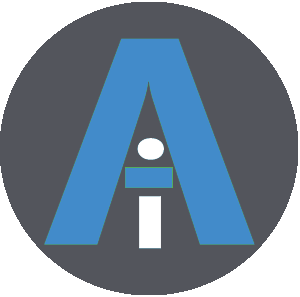Analyzing the Capabilities of Google Colab for Data Science Projects

Article Snippet
AI News Analysis
Powered by advanced AI analysisArticle Overall Quality
Based on 6 key journalism metrics
Factual Accuracy
The article accurately describes the capabilities of Google Colab with specific features mentioned, though without external verification.
Source Credibility
While the source is directly associated with Google, it lacks independent editorial oversight, thus affecting its credibility.
Evidence Quality
The article provides basic information on features and benefits but does not cite multiple sources or expert opinions to substantiate claims.
Balance & Fairness
The article largely promotes Google Colab without presenting significant counterarguments or limitations of the platform.
Clickbait Level
The title is straightforward and descriptive, accurately reflecting the article's content without sensationalism.
Political Bias
The article appears neutral with no clear ideological slant, focusing purely on product features.
Analysis Summary
The article provides a generally accurate overview of Google Colab's capabilities but lacks sufficient evidence and balance. While it serves as a useful introduction, it does not critically assess potential drawbacks or competing platforms.
Comments
Sharer

knunke
OAIW FounderArticle Details
⭐ Your Rating
Related News
Claude Code Is The Inflection Point
Claude Code Is The Inflection Point
Sabrina Ionescu won the 3-point contest at the 2025 WNBA All-Star Weekend, scoring 30 points to beat defending champion Allisha Gray. Teammate Natasha Cloud won the skills challenge, completing a sweep for the New York Liberty in the festivities held in Indianapolis.
Tech company Astronomer launches investigation into 'kiss cam' moment at Coldplay concert
Astronomer, a data company, has initiated a formal investigation after its CEO, Andy Byron, was identified in a viral 'kiss cam' moment at a Coldplay concert in Boston. The incident, which depicted a man and woman ducking in response to being shown on the Jumbotron, has garnered over 55 million views on TikTok.
Russian lawmakers claim WhatsApp is a national security threat, should prepare to leave the country
A Russian lawmaker, Anton Gorelkin, has warned that WhatsApp should prepare to leave the Russian market, warning that the messaging app could be put on a list of restricted software. Gorelkin stated that MAX, a state-backed messaging app integrated with government services, could gain market share if WhatsApp, owned by Meta, left the country.





Comments
Be the first to comment!